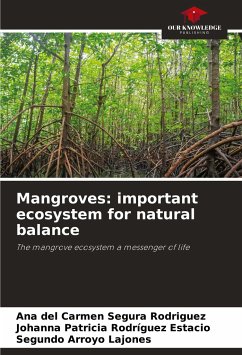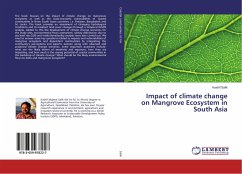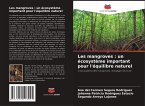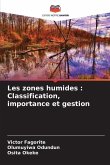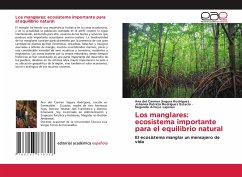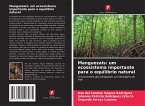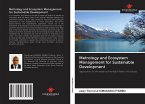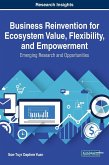The mangrove has had a historical importance in the Ecuadorian coast, and at the present time the population settled in the coastal profile continues to maintain it, existing for it, users of the goods and services that this important marine-coastal ecosystem produces. The biodiversity of the mangroves consists particularly of the presence of a large number of epiphytic plants (bromeliads, orchids, ferns and mosses) associated with mangrove trees, many marine invertebrates, fish and a considerable variety of aquatic and terrestrial, resident and migratory birds. Coastal areas by their very nature, since historical times have been an important part of the development of peoples, giving in recent years greater importance not only to its geopolitical location of the region, but also the economic, social and ecological value of its coastal resources. The mangrove is excellent retainer and accumulator of sediments, minerals and heavy metals in suspension in the water columns of the estuaries, also the mangrove is a producer of wood for various uses such as housing, bridges, boats, docks, fishing gear, traps and fuel in the form of firewood and charcoal, is the habitat of fish, mollusks, crustaceans source of work for many families who depend on the mangrove resource, and allows activate the economy of people engaged in fishing and extraction and capture of crabs and shells.
Bitte wählen Sie Ihr Anliegen aus.
Rechnungen
Retourenschein anfordern
Bestellstatus
Storno

